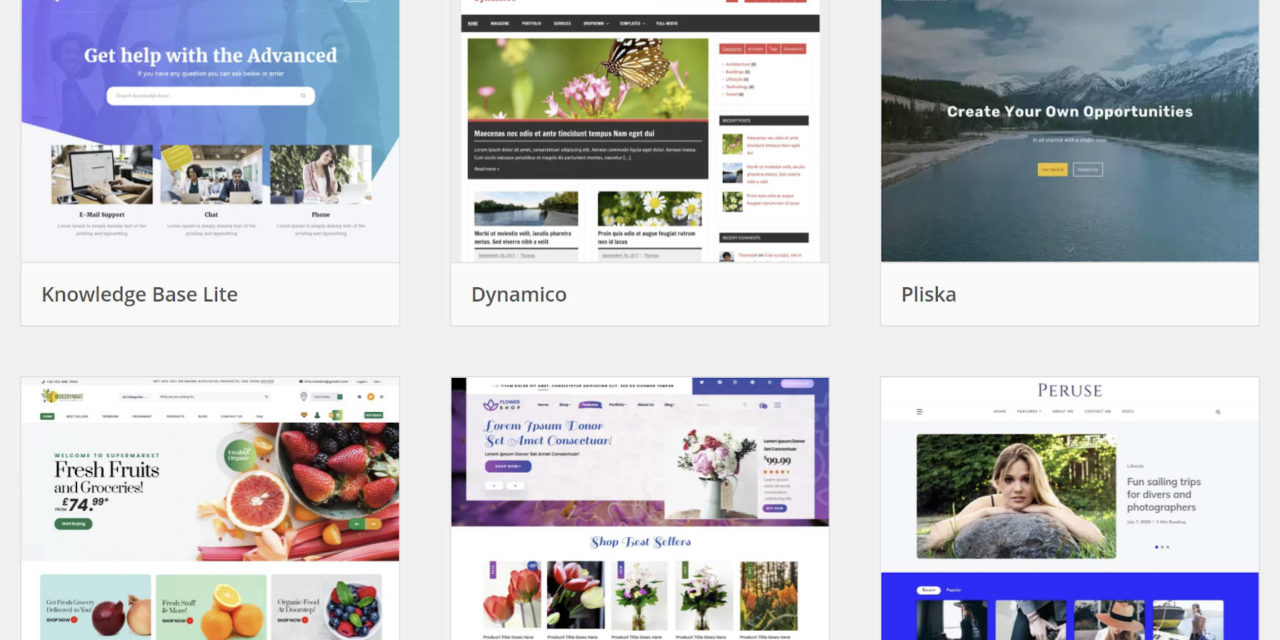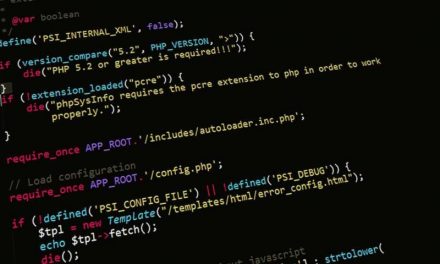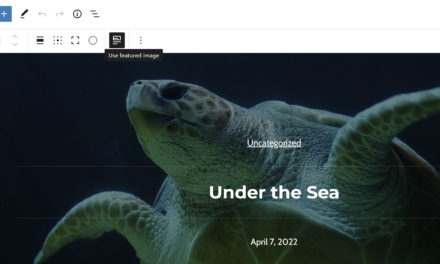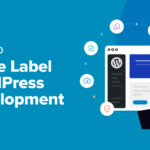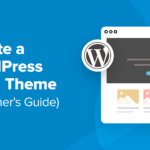Core contributor Jeff Ong announced an upcoming virtual hangout around the concept of universal themes. The meeting could cover much ground for theme authors learning how new and upcoming tools will fit into their workflows, businesses, and more. For an invitation, attendees should leave a comment on the announcement post or message Ong directly.
The hangout is slated for May 14 at 14:00 UTC.
The meeting agenda is loose, and the conversation could venture into various theme-related topics. However, the shortlist of possible discussion points covers:
- Using new theme tools in WordPress 5.8.
- Handling customization in block and classic themes.
- Using block template parts within PHP templates.
- Supporting block and classic nav menus.
- Working with
theme.jsonfor theme styles.
The first order of business should be to define what a “universal” theme is. The terminology is new to the WordPress space, and it could change as the future of theming starts taking a more coherent shape.
Ong left a short description in the announcement. “A theme that aims to work in either classic (customizer) or FSE contexts,” he called it.
The definition seems to have been born out of GitHub ticket around “hybrid” themes — yet another new term. The goal was to discuss paths for any user to use the site or template editor to override traditional theme templates. For example, if a user wanted to create a block-based category archive template, they could do so without affecting their overall theme structure.
WordPress users will get a sampling of this idea in version 5.8. The post-editing screen has a new template-editing mode. Users will be able to switch to this mode to create a top-level template for that single post/page. It will live outside their theme structure, so it won’t matter if the theme supports blocks.
The Gutenberg development team and theme authors will be grappling with such questions in the coming months. Nothing is ever a perfect process. And, the transition to block-based theme templates is an overhaul unlike any we have seen in WordPress’s history. So, we need new paths and terms for them.
“I’ve been thinking about the notion of universal themes rather than hybrid,” wrote Matías Ventura, the Gutenberg project lead, in the ticket. “Universal themes would be themes that can be loaded in a classic context or block editor context without a problem. As a user, if I’m running a WordPress capable of understanding block themes, that’s the interface I get (and the one I can customize), otherwise, the regular theme files are used with its customizer integration. Hybrid would then be a tool for theme developers to gradually become universal themes if they want to.”
Hybrid themes seem to be designed to work with bits and pieces of FSE, giving developers time to move toward full support. However, universal themes cover everything from the traditional to the new era. They are meant to allow users to choose which bits of FSE to use.
All this new terminology could muddy the waters a bit, and if that happens, users are the ones to lose out. There will potentially be four types of themes:
- Block Only
- Universal
- Hybrid (with varying levels of support)
- Classic Only
Most themes that have landed in the official directory over the past few months lack basic block-editor styles. It is hard to imagine too many universal themes — which will require far more of a time investment — in the next year or so. It is more likely that we will see a split between new block themes and a mashup of classic/hybrid themes making the rounds. Only the most dedicated or those who can foot the bill will go the universal route.
For now, developers need to continue having these types of conversations and ironing out the details.

